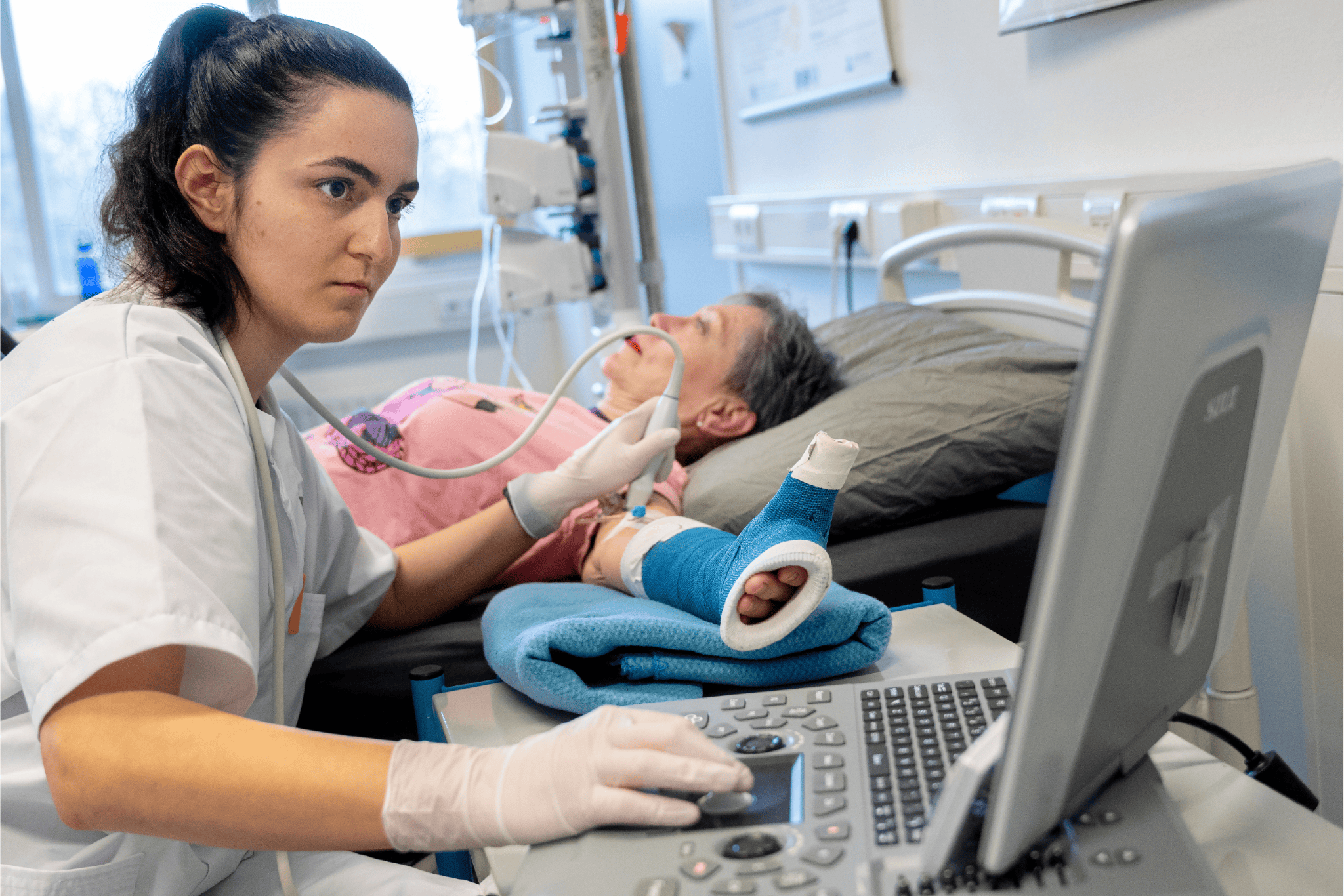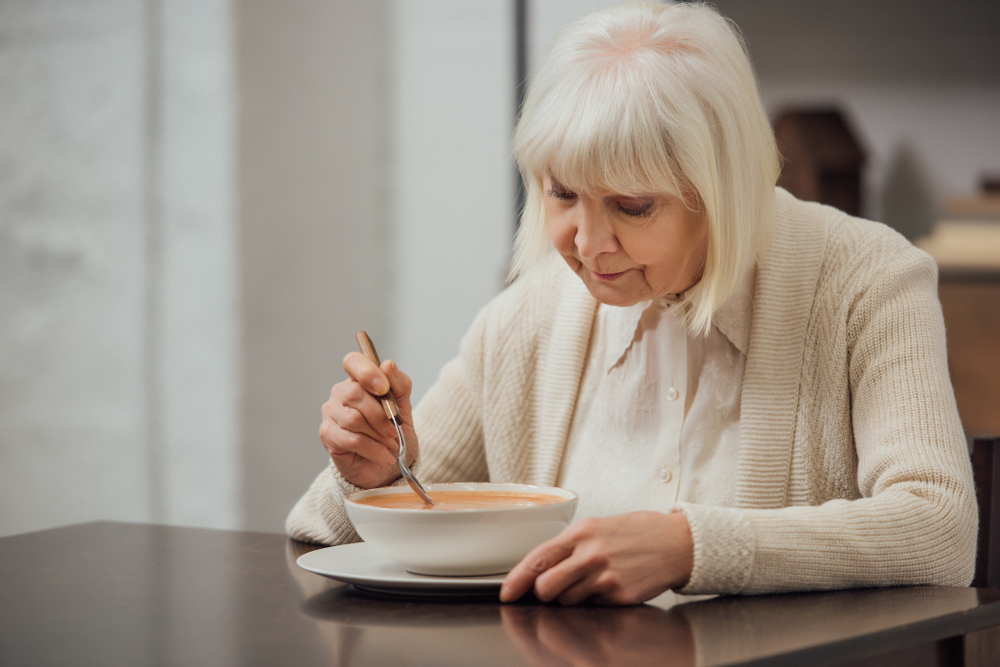One octogenarian is fit and still walks miles with the dog every day, while another can barely get out of their chair due to muscle weakness. PhD candidate Jelle de Jong (WUR, Human and Animal Physiology/TNO, Metabolic Health Research) investigates the biological factors underlying ageing and muscle weakness. These factors turn out to be highly gender-specific.
Loss of strength is a major symptom of muscle weakness, a condition common among the elderly. ‘At the population level, we see that women suffer from muscle weakness more and earlier than men, whereas research studies often only focus on men,’ De Jong explains. This is due to hormone fluctuations in the female body. ‘These fluctuations can cause variation in the data, leading researchers to prefer men.’
If researchers were to study both men and women, more people could remain fit as they age in the future
PhD candidate Jelle de Jong
For this reason, gender-specific factors in the development of muscle weakness have hardly been investigated so far. ‘Due to the differences between men and women, it is very important that we do so.’
Muscle biopsies
De Jong studied muscle biopsies from the thigh of 28 male and 26 female subjects aged 75 and older. A very particular study population. ‘We wanted to draw blood from participants and collect muscle samples. As you can imagine, not everyone was enthusiastic about that. Especially if you are old and have fewer muscles, or already suffer from muscle weakness, you’d rather not have researchers cutting into your muscles.’ In the end, the researchers managed to find a good mix of subjects. ‘The average age of our male and female subjects was the same, and their degree of muscle weakness was also similar. That way, we could already cancel a number of variables against each other.’
Physiologically, the fit elderly looked very much like young people
PhD candidate Jelle de Jong
The elderly group was divided into fit and frail. Using the muscle and blood samples collected, De Jong and his colleagues were able to determine that the changes in muscles that occur with muscle weakness are completely different in men and women. ‘In the muscles of women, we saw more substances indicating inflammation, while in men the diameter of certain muscle fibres shrank.’ Nor could muscle weakness be attributed one-to-one to ageing. ‘Physiologically, the fit elderly looked very much like young people Muscles obviously age as a result of age, but that doesn’t mean they have to become weaker.’
Lifestyle
‘This is encouraging because it also means we can take action to make and keep older people stronger.’ The elderly are already being advised to exercise and eat plenty of protein. ‘That works very well, but not every elderly person can engage in sports. For those who have fallen, undergone surgery, or are bedridden, for example, we need to devise other solutions.’ Such solutions can for instance come from the drug and food industries, which are developing interventions to combat muscle weakness. ‘Because of our results, we think it might make sense to treat frail old men differently from frail old women.’
De Jong and his colleagues are also curious about what causes the gender-specific changes within weakening muscles. ‘And if other researchers also include both male and female participants in their studies, and then conduct analyses separately for each gender, we can hopefully have more people grow old fit in the future.’

 Image Shutterstock
Image Shutterstock 

